Ukraine Scenario Report: Security and Humanitarian developments with contributing political and economic factors
This report starts by looking at the political, economic, and regional and international factors that will inform developments in the coming months, starting with the political situation. Recent months have seen significant government shake-ups, with more changes possibly on the way. This could be seen as President Zelensky looking to head off any internal political discord as Ukraine enters what could be a very difficult winter.
Economically, the country will continue to rely on international partners for budget support and funding the war. Support is largely locked in for the next six months, although questions about the level of international assistance will likely reemerge at year’s end. The country will also rely heavily on foreign assistance to finance repairs to the power grid and associated mitigation measures as potentially dire consequences from Russia’s stepped-up attacks on the country’s energy capacity loom. In terms of regional and international developments, all eyes will be on the US presidential election in November, which could signal a potentially drastic cut in US assistance, should former president Donald Trump defeat Democratic nominee Vice President Kamala Harris. Ukraine will also keep an eye on the presidential elections in Moldova, where elements with close ties to Russia will seek to defeat the pro-EU incumbent Maia Sandu.
To conclude, we look at how the war could progress on the ground in the coming months and where the front lines could be located by early in 2025, and then assess the humanitarian implications. The most likely scenario sees Russian forces continuing to make small but steady gains in Donetsk Oblast, with little movement elsewhere. Given the significant number of residents remaining in areas of Donetsk Oblast near the front line, this advancement by Russian forces – though not covering a lot of territory – could still lead to tens of thousands more internally displaced persons. Moreover, the country’s devastated energy infrastructure could create humanitarian concerns and population movement far from the front lines.


